When you buy a home using a VA loan or refinance to a VA loan, you have the opportunity to avoid making a down payment. That’s one of the unique features of this program. It allows military members and veterans to finance the full purchase price.
Nevertheless, VA loan home buyers still encounter closing costs in most cases, which can add up to thousands of dollars. Luckily, home buyers have different ways to cover these costs. You can pay them out of your savings, use gift money from a family member, or ask the seller to pay your VA loan closing costs.
This article explores the third scenario, where a home buyer using a VA loan asks the seller to pay their closing costs.
What Are the Closing Costs for a VA Loan?

Within the context of a VA home loan, VA loan for land, or VA business loan, “closing costs” refers to the various fees you will pay to finalize the loan and complete the home purchase after the VA loan appraisal.
Closing costs can include mortgage origination fees, title insurance, escrow company fees, government recording fees, and more. You can use the VA loan closing cost calculator to estimate the total closing expenses for your VA loan.
As for the amount, the closing costs for a VA-guaranteed mortgage loan typically range from 2% to 5% of the home purchase price. And that can add up to thousands of dollars.
As a home buyer, the best thing you can do is prepare beforehand. The sooner you start saving up for your closing costs, the better.
How is VA Loan Closing Cost Calculator Used?
A VA loan closing cost calculator is a fact-finding tool that helps borrowers estimate the various expenses associated with closing on a VA loan. Closing cost is a combination of the fees and charges paid when the closing table is completed, and the mortgage transaction and home purchase are finalized.
Although the VA loans provide many advantages, such as no down payment requirement and competitive interest rates, the borrowers must still cover some closing costs which can be costly.
A closing costs calculator provides an approximation of these costs to a borrower by entering relevant data such as the borrower’s loan terms and specific property characteristics.
Here’s a breakdown of some common closing costs that may be included in a VA loan closing cost calculator:
- VA Funding Fee: One of the major closing costs for VA loans is the funding fee. This charge, sanctioned by the Department of Veterans Affairs, covers the expenses of the VA loan program and is typically given as a percentage of the loaned amount. The exact amount of funding fee depends upon a few factors, namely his or her service status, total down payment made, and the number of times he or she has used the VA loan.
- Origination Fees: Lenders often charge origination fees to cover the costs of processing the loan application, underwriting the mortgage, and other administrative tasks. This fee is usually expressed as a percentage of the loan amount.
- Appraisal Fees: Before approving a VA loan, lenders typically require an appraisal of the property to determine its fair market value. The appraisal fee covers the price of hiring a licensed appraiser to analyze the property and ensure it meets the VA’s Minimum Property Requirements (MPRs).
- Title Insurance: Title insurance serves the main role – to protect the lender and the borrower from any problems or defects in the property title. The title insurance cost is usually determined by a combination of the asset’s value and its location.
- Recording Fees: Upon signing of a mortgage, there are some documents that need to be submitted to the relevant government agencies. The fee for the recording is intended to pay for the filing of such documents, while the cost may change upon the jurisdiction.
- Prepaid Expenses: Assets like property tax, homeowner insurance, and prepaid interest are among the prepaid expenses. The lender can demand that the borrower prepay for specific expenses at closing, using the evidence that it is necessary to prove there will be an obligation.
By entering data, including the loan amount, location of the property, and other related information, you can estimate your total closing costs using the VA loan closing cost calculator. This will allow you to make a budget using the information on the items to be financed and plan your expenses well in advance when preparing to purchase a home.
Besides, estimating possible closing cost breakdowns on the front end allows for comparing loan quotes from various banks and arguing for better terms.
Asking the Seller to Pay Your Closing Costs

You don’t necessarily have to pay all of your VA home loan closing cost out of pocket. Then, who pays closing costs on a VA loan?
There are a couple of strategies to consider, and one of them is to ask the seller to pay your VA home loan closing cost as part of the deal.
The Department of Veterans Affairs enables sellers to contribute money toward the home buyer’s closing costs on a VA loan up to a certain limit. In the real estate world, this is commonly called a “seller concession” or “seller assist.” The seller is conceding, or giving, something to the buyer to help facilitate the sale of their home.
There are other types of seller concessions as well. These include price reductions, mortgage rate buydowns, home furnishings, and more. But in this case, we will limit our discussion to scenarios where the seller offers to pay some of the buyer’s VA loan closing costs.
Now that you know this is possible, you might be tempted to rush out and ask sellers to pay all your closing costs. Less burden for you, right?
However, there are some important things to consider before making such a request.
In certain scenarios, a seller might offer to pay a certain percentage of the buyer’s closing costs. They might even mention this in the property listing and on the for-sale sign in the yard.
More commonly, the seller doesn’t mention closing costs when promoting their home. So, in this case, the buyer has to ask the seller to make such a contribution. This requires forethought and planning.
How Real Estate Market Conditions Play into This

Before asking for such a seller concession or contribution, you must consider the current conditions within your local housing market. Which way does the market currently lean? Is it more of a buyer’s market, a seller’s market, or somewhere in between?
Local real estate conditions can increase or decrease your chance of success when asking the seller to pay your VA loan closing costs.
Consider the difference between these two scenarios:
Scenario #1: In a highly active real estate market that tends to favor sellers, the seller will probably receive multiple offers from competing buyers. This gives them the luxury of dismissing offers they feel have too many “strings attached.” In this scenario, asking for a closing cost contribution might cause the home to slip through your fingers.
Scenario #2: In a slower real estate scene, where homes tend to stay on the market for much longer, sellers are often more willing to negotiate with buyers and might agree to a closing cost contribution. In this case, asking the seller to pay your VA loan closing costs might work out in your favor by putting some money back into your pocket.
In both cases, home buyers should understand current real estate market conditions and dynamics in their area before requesting a closing cost contribution.
Adding a Clause to the Contract

The process is fairly straightforward if you discuss this with your real estate agent and decide it’s a good time to ask for such a concession. The buyer’s real estate agent will simply add a clause to the offer/purchase agreement that requests a specific contribution from the seller.
But this is entirely negotiable. The seller can agree to make a concession or reject the offer outright.
Sometimes, the buyer’s agent and listing agent discuss this before adding it to the contract. If the listing agent communicates that the homeowner is unwilling to offer any money toward closing costs, there’s probably no need to make a formal request.
On the other hand, if the homeowner shows willingness to pay a certain amount in closing costs, the buyer’s agent can add a relevant clause to the contract. Like everything in the real estate, you must “get it in writing.”
Here are the most important points to take away from this:
- You can ask the seller to pay some of your costs when using a VA loan.
- The Department of Veterans Affairs allows these seller contributions.
- But the homeowner has to be willing to do this; they’re not required to.
- Much of this will depend on housing market conditions in your area.
- Talk it with your real estate agent to see if it makes sense.

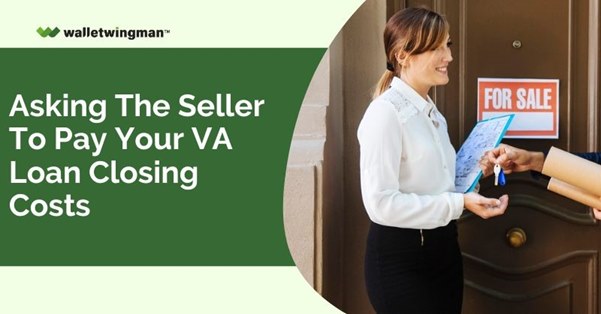
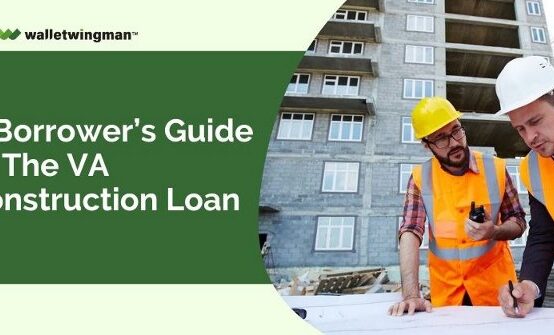 A Borrower’s Guide to the VA Construction Loan
A Borrower’s Guide to the VA Construction Loan 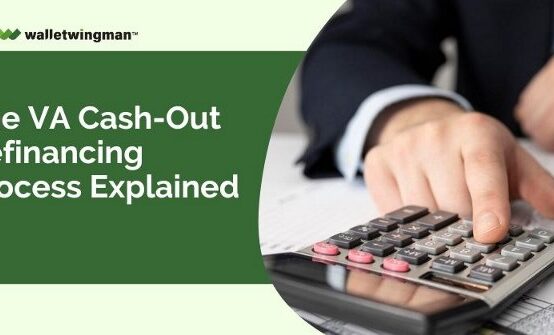 The VA Cash-Out Refinancing Process Explained
The VA Cash-Out Refinancing Process Explained  Answered: The Top 10 Questions About the VA Loan Program
Answered: The Top 10 Questions About the VA Loan Program 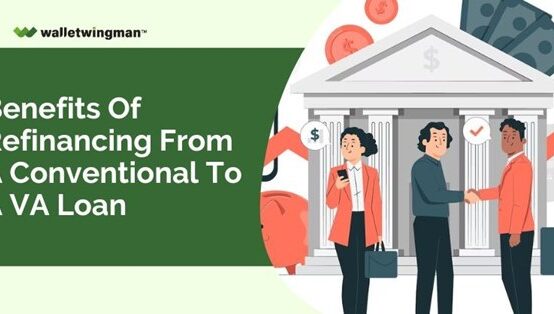 Benefits of Refinancing From a Conventional to a VA Loan
Benefits of Refinancing From a Conventional to a VA Loan 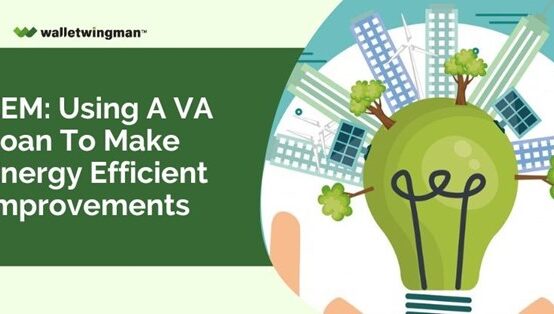 EEM: Using a VA Loan to Make Energy Efficient Improvements
EEM: Using a VA Loan to Make Energy Efficient Improvements 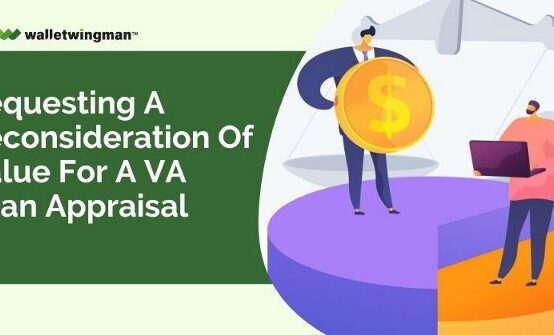 Requesting a Reconsideration of Value for a VA Loan Appraisal
Requesting a Reconsideration of Value for a VA Loan Appraisal 